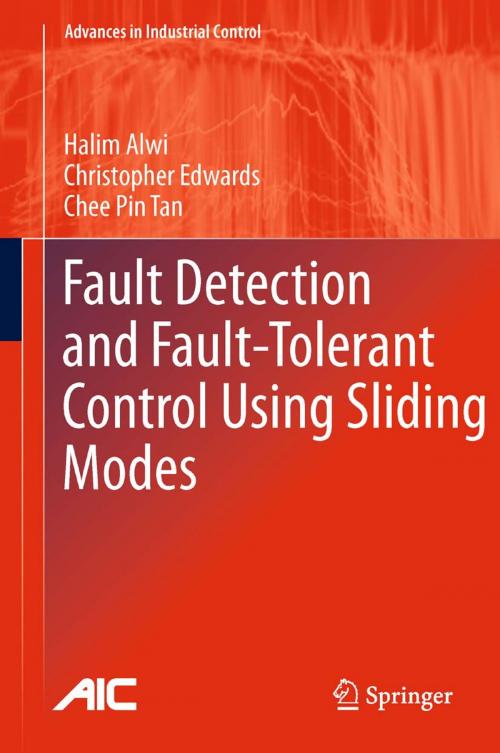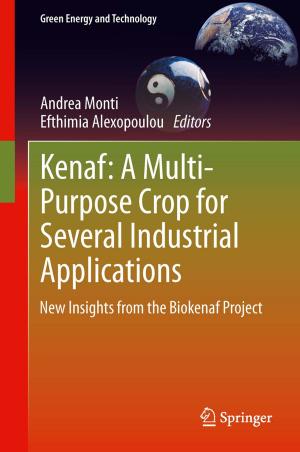Fault Detection and Fault-Tolerant Control Using Sliding Modes
Nonfiction, Science & Nature, Technology, Automation, Aeronautics & Astronautics| Author: | Halim Alwi, Christopher Edwards, Chee Pin Tan | ISBN: | 9780857296504 |
| Publisher: | Springer London | Publication: | June 7, 2011 |
| Imprint: | Springer | Language: | English |
| Author: | Halim Alwi, Christopher Edwards, Chee Pin Tan |
| ISBN: | 9780857296504 |
| Publisher: | Springer London |
| Publication: | June 7, 2011 |
| Imprint: | Springer |
| Language: | English |
Fault Detection and Fault-tolerant Control Using Sliding Modes is the first text dedicated to showing the latest developments in the use of sliding-mode concepts for fault detection and isolation (FDI) and fault-tolerant control in dynamical engineering systems. It begins with an introduction to the basic concepts of sliding modes to provide a background to the field. This is followed by chapters that describe the use and design of sliding-mode observers for FDI using robust fault reconstruction. The development of a class of sliding-mode observers is described from first principles through to the latest schemes that circumvent minimum-phase and relative-degree conditions. Recent developments have shown that the field of fault tolerant control is a natural application of the well-known robustness properties of sliding-mode control. A family of sliding-mode control designs incorporating control allocation, which can deal with actuator failures directly by exploiting redundancy, is presented. Various realistic case studies, specifically highlighting aircraft systems and including results from the implementation of these designs on a motion flight simulator, are described.
A reference and guide for researchers in fault detection and fault-tolerant control, this book will also be of interest to graduate students working with nonlinear systems and with sliding modes in particular.
Advances in Industrial Control aims to report and encourage the transfer of technology in control engineering. The rapid development of control technology has an impact on all areas of the control discipline. The series offers an opportunity for researchers to present an extended exposition of new work in all aspects of industrial control.
Fault Detection and Fault-tolerant Control Using Sliding Modes is the first text dedicated to showing the latest developments in the use of sliding-mode concepts for fault detection and isolation (FDI) and fault-tolerant control in dynamical engineering systems. It begins with an introduction to the basic concepts of sliding modes to provide a background to the field. This is followed by chapters that describe the use and design of sliding-mode observers for FDI using robust fault reconstruction. The development of a class of sliding-mode observers is described from first principles through to the latest schemes that circumvent minimum-phase and relative-degree conditions. Recent developments have shown that the field of fault tolerant control is a natural application of the well-known robustness properties of sliding-mode control. A family of sliding-mode control designs incorporating control allocation, which can deal with actuator failures directly by exploiting redundancy, is presented. Various realistic case studies, specifically highlighting aircraft systems and including results from the implementation of these designs on a motion flight simulator, are described.
A reference and guide for researchers in fault detection and fault-tolerant control, this book will also be of interest to graduate students working with nonlinear systems and with sliding modes in particular.
Advances in Industrial Control aims to report and encourage the transfer of technology in control engineering. The rapid development of control technology has an impact on all areas of the control discipline. The series offers an opportunity for researchers to present an extended exposition of new work in all aspects of industrial control.















